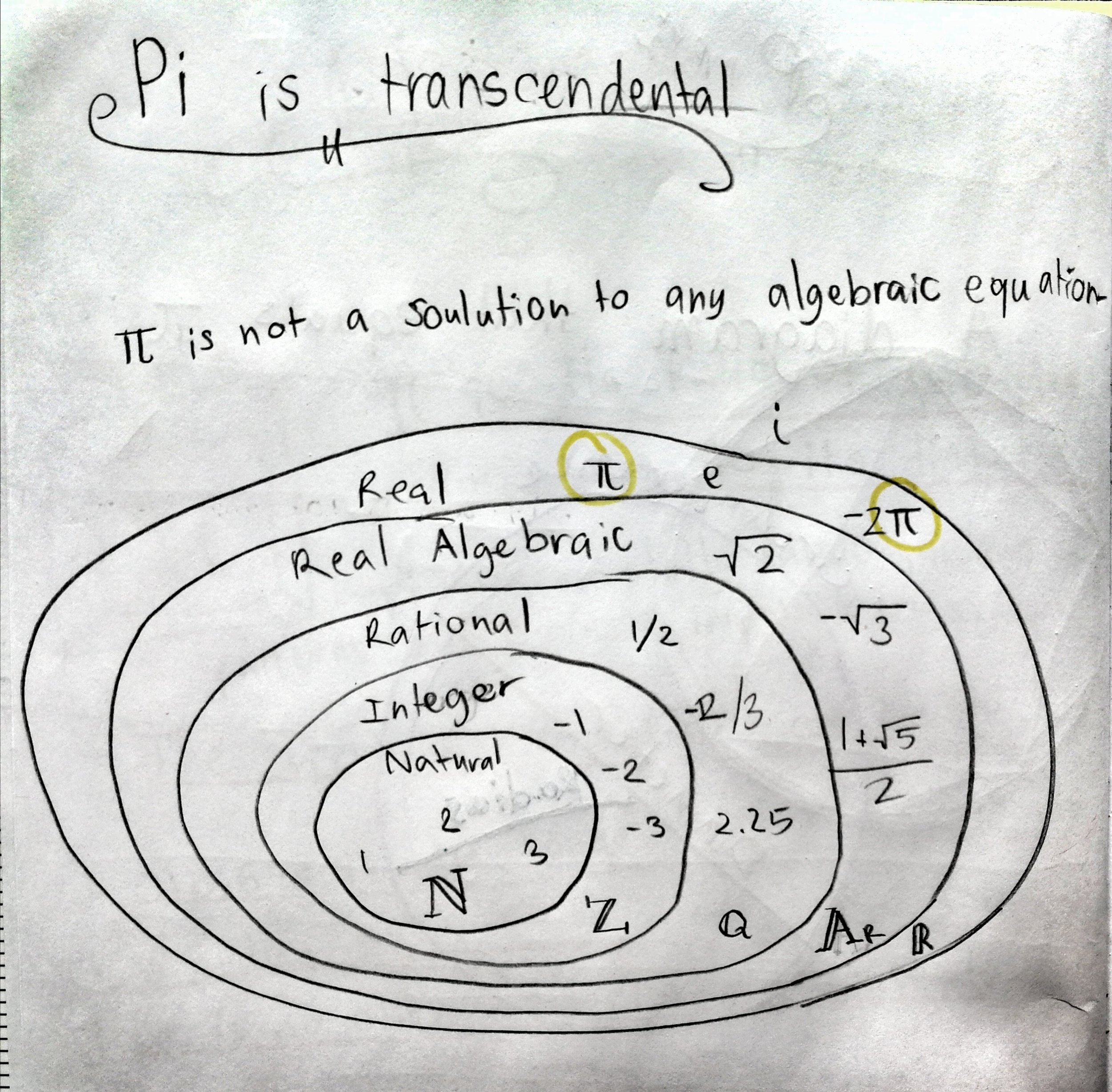Happy π day, Einstein
/It's Pi Day today, and also Einstein's 139th birthday. MIT celebrates it at 6:28 pm — in honour of pi's arch enemy, tau — by sending out its admission notices.
And Stephen Hawking died today. He will leave a great, black hole in modern science. I saw him lecture in London not long after A Brief History of Time came out. It was one of the events that inspired me along my path to science. I recall he got more laughs than a lot of stand-ups I've seen.
But I can't really get behind 3/14. The weird American way of writing dates, mixed-endian style, really irks me. As a result, I have previously boycotted Pi Day, instead celebrating it on 31/4, aka 31 April, aka 1 May. Admittedly, this takes the edge off the whole experience a bit, so I've decided to go full big-endian and adopt ISO-8601 from now on, which means Pi Day is on 3141-5-9. Expect an epic blog post that day.
Transcendence
Anyway, I will transcend the bickering over dates (pausing only to reject 22/7 and 6/28 entirely so don't even start) to get back to pi. It so happens that Pi Day is of great interest in our house this year because my middle child, Evie (10), is a bit obsessed with pi at the moment. Obsessed enough to be writing a book about it (she writes a lot of books; some previous topics: zebras, Switzerland, octopuses, and Settlers of Catan fan fiction, if that's even a thing).
I helped her find some ways to generate pi numerically. My favourite one uses Riemann's zeta function, which we'd recently watched a Numberphile video about. It's the sum of the reciprocals of the natural numbers raised to increasing powers:
$$\zeta(s) = \sum_{n=1}^\infty \frac{1}{n^s}$$
Leonhard Euler solved the Basel problem in 1734, proving that \(\zeta(2) = \pi^2 / 6\), so you can compute pi slowly with a naive implementation of the zeta function:
def zeta(s, terms=1000): z = 0 for t in range(1, int(terms)): z += 1 / t**s return z (6 * zeta(2, terms=1e7))**0.5
Which returns pi, correct to 6 places:
3.141592558095893
Or you can use one of the various optimized versions of the zeta function, for example this one from the floating point math library mpmath (which I got from this awesome list of 100 ways to compute pi):
>>> from mpmath import * >>> mp.dps = 50 >>> mp.pretty = True >>> >>> sqrt(6*zeta(2)) 3.1415926535897932384626433832795028841971693993751068
...which is correct to 50 decimal places.
Here's the bit of Evie's book where she explains a bit about transcendental numbers.
Evie's book shows the relationships between the sets of natural numbers (N), integers (Z), rationals (Q), algebraic numbers (A), and real numbers (R). Transcendental numbers are real, but not algebraic. (Some definitions also let them be complex.)
I was interested in this, because while I 'knew' that pi is transcendental, I couldn't really articulate what that really meant, and why (say) √2, which is also irrational, is not also transcendental. Succinctly, transcendental means 'non-algebraic' (equivalent to being non-constructible). Since √2 is obviously the solution to \(x^2 - 2 = 0\), it is algebraic and therefore not transcendental.
Weirdly, although hardly any numbers are known to be transcendental, almost all real numbers are. Isn't maths awesome?
Have a transcendental pi day!
The xkcd comic is by Randall Munroe and licensed CC-BY-NC.










 Except where noted, this content is licensed
Except where noted, this content is licensed